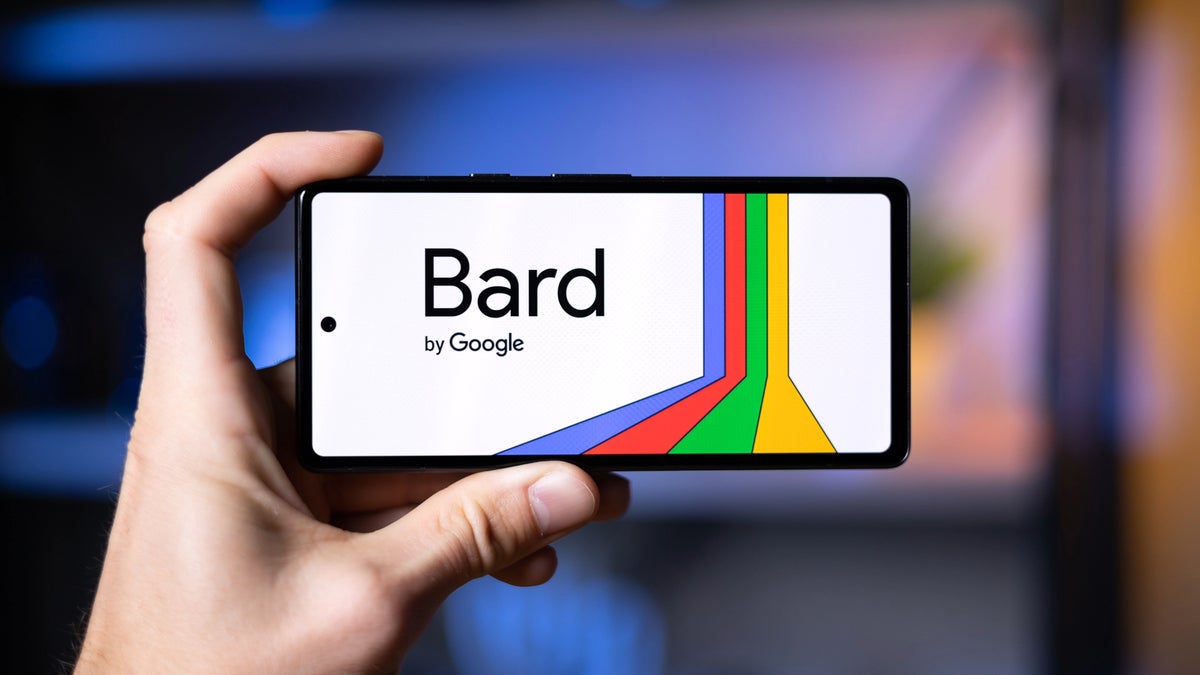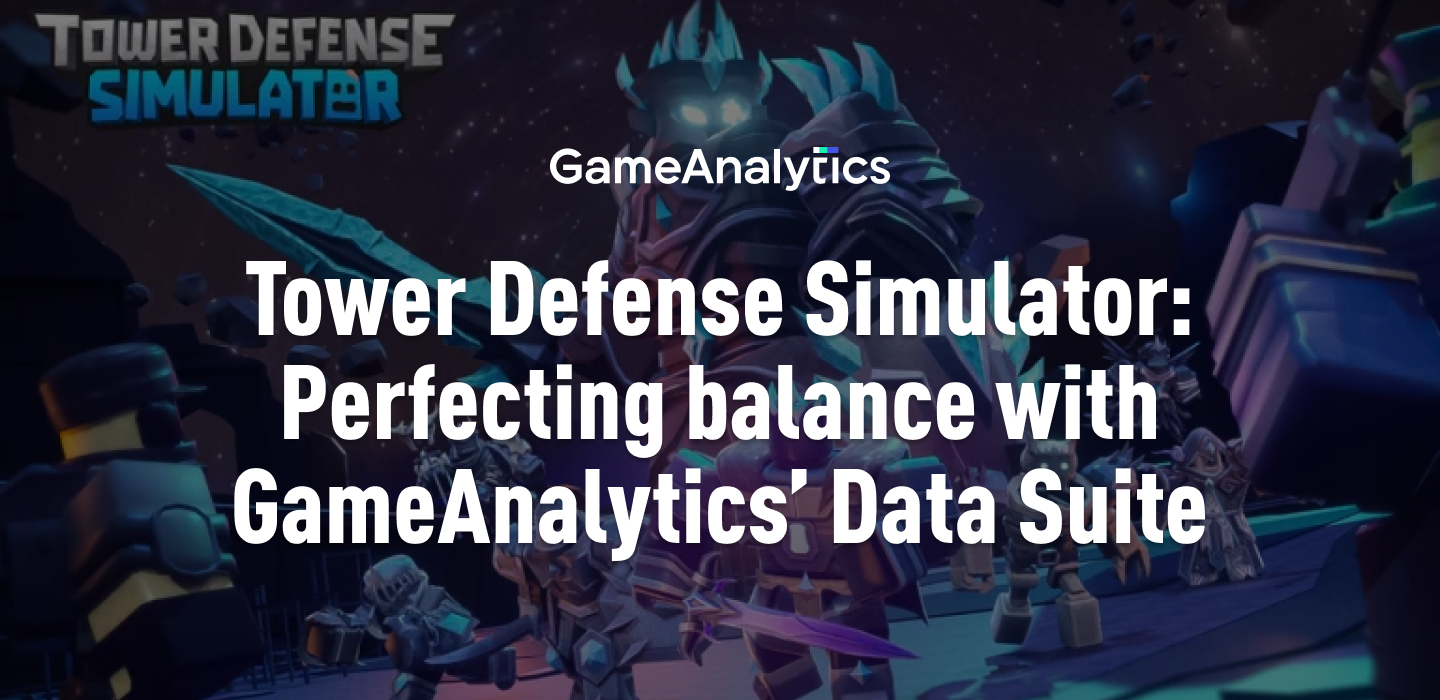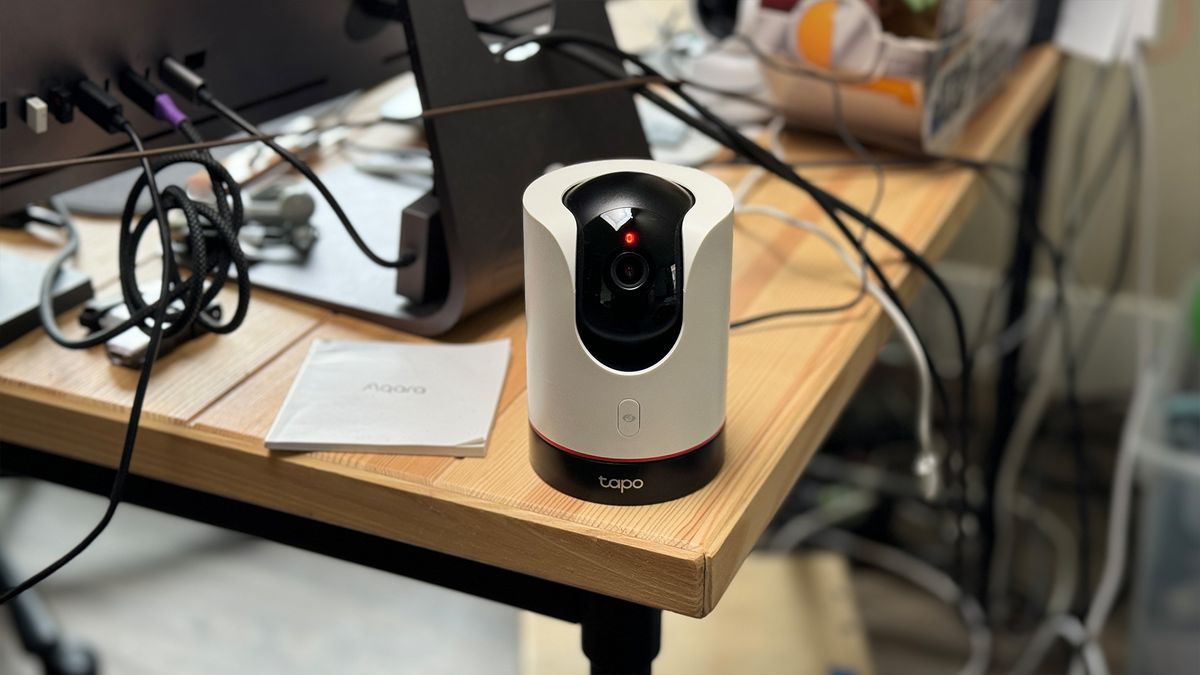In the AI scene, Google plays a leading role with its advancements, like the upcoming AI-boosted Assistant with Bard. This new and improved Assistant is poised to take over from the current one on supported Android devices. And you know what? Google’s chatbot Bard might just be expanding its turf to even more applications.According to info spilled from tipster and code detective Assemble Debug (via
Android Authority), it seems Bard is gearing up for action in Google Messages. The scoop is that Bard was spotted in the beta version 20240111_04_RC00 of the Messages app. Looks like users might soon start RCS chats with Bard right in Google Messages and even add Bard to group chats with other users. The shared screenshots show that Bard can help users write messages, translate languages, identify images, and delve into various interests. The chatbot studies your location and past chats to write better answers. Just a heads up, though: Google’s warning that Bard might not always hit the accuracy mark, so it’s wise to give its responses a double-check.Adding to the scoop, lines of code dug up in the beta spill the beans that you gotta be 18 to dive into the Bard experience in Google Messages. And there’s a twist: unlike your regular RCS chats, the chats you have with Bard won’t be wrapped up in end-to-end encryption. Also, Google lays it out straight, mentioning that Bard chats and the related data are set to stick around for 18 months.
What is more, Google emphasizes a crucial point: you should avoid sharing messages with Bard that you wouldn’t want a reviewer or Google to access. The description specifies that while reviewed data is detached from the user’s account, it remains stored for up to three years.
However, Google’s throwing in an option to turn off, manage, and delete your Bard Activity. If you decide to flip the Bard Activity switch off, your chats will only be saved for a short 72 hours.
As of now, the feature still does not work on Google Messages. Traces that Bard is coming to the messaging app were discovered almost a year ago, and now it appears that its integration is finally nearing completion.




















Discussion about this post